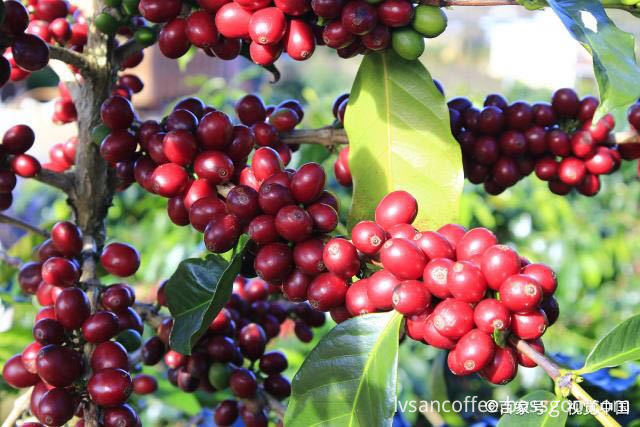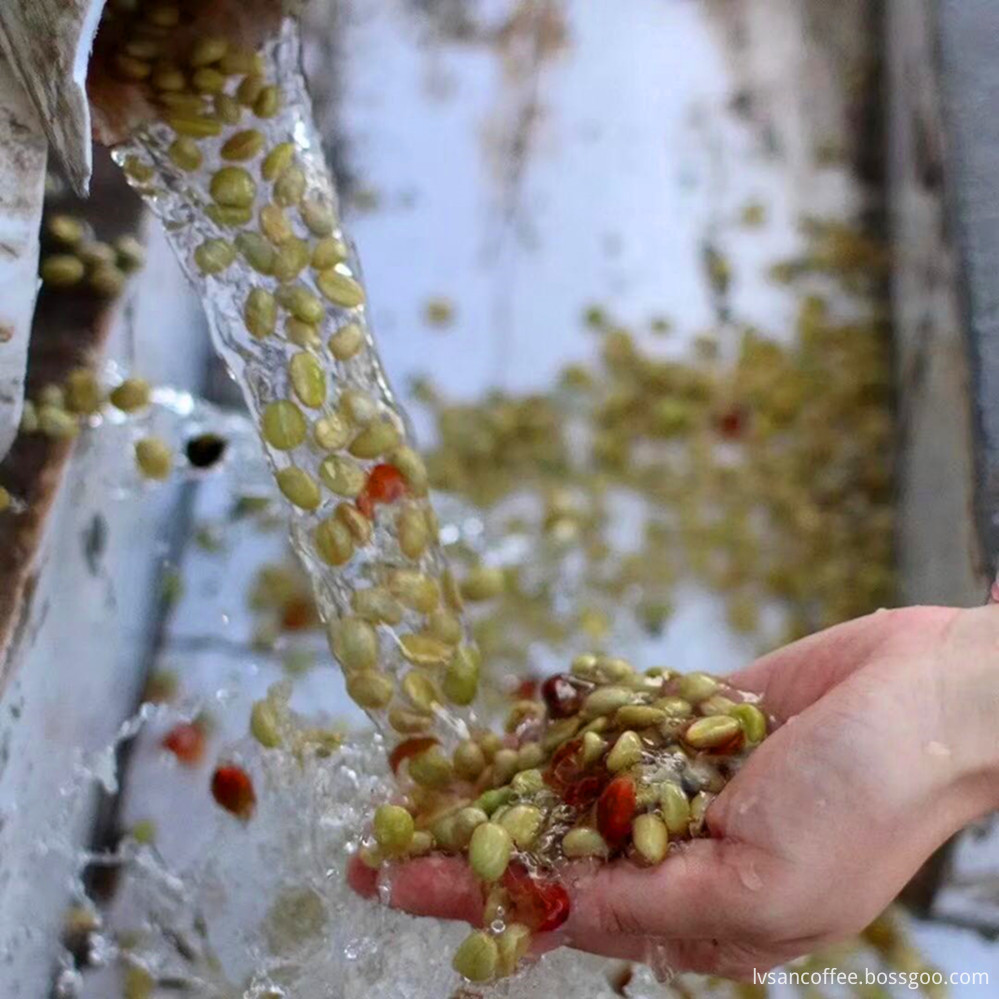Tulip propagation is typically done through the division of small bulbs, and the process is as follows: After the plant has finished flowering in the spring, small bulblets will begin to form at the base of the main bulb. These bulblets usually develop 1 to 3 times during the following year, resulting in a new bulb along with 2 to 6 smaller ones. As the main bulb begins to wither, it's time to carefully dig up the bulbs. Remove any excess soil and separate the small bulbs from the main one. Store them in a well-ventilated area where the temperature remains between 5°C and 10°C.
Once autumn arrives, you can plant the bulbs in rich, well-draining soil that has been enriched with organic matter and contains an appropriate amount of phosphorus and potassium fertilizers. The planting depth should be around 15 to 20 cm, with each bulb spaced approximately 14 to 16 cm apart. When planting, cover the bulbs with about 4 cm of soil. It's important to note that if the shape of the bulb is round, it may produce flowers. However, if the bulb is flat or irregularly shaped, it might not bloom at all.
After planting, ensure the soil stays consistently moist and avoid direct heat exposure. With proper care, the tulips will begin to grow and flower within 2 to 3 years. For large-scale propagation or breeding purposes, sowing seeds is also a common method. However, this approach takes longer—typically 4 to 5 years before the plants reach blooming maturity.
This method ensures healthy growth and helps maintain the quality of the tulip varieties. Regular watering and fertilization during the growing season are essential for strong development and vibrant blooms. Whether through bulb division or seed sowing, cultivating tulips requires patience, attention to detail, and a bit of love for these beautiful flowers.
Robusta Coffee Beans
Robusta Green Coffee Beans
flavor: Moderate taste, good balance;
Variety: Robusta(Viet Nam/Myanmar;
processing method: washing;
water content: less than 12%;
packaging: 60kg / bag
SIZE:13#(B 5%)
18#(B 3%)

In 1892, French missionary father Tian Daneng preached in Dali, Yunnan Province, China. In order to drink coffee, he taught local villagers to grow and drink coffee. Up to now, coffee has been planted in Yunnan Province of China for more than 100 years, with an area of 120000 mu. Most of the varieties planted in Yunnan are ccatimor, with an altitude of 1000-1500m, The coffee produced in Yunnan has a balanced taste, rich nut and citrus flavor, some of which are very sweet, with obvious taste of chocolate, toffee and maple sugar. It is one of the high-quality coffee producing areas. Our coffee is produced at the junction of Puer and Burma - the Myitkyina original jungle beans at 1500-1750, with a rich flavor, high aroma and high sweetness. The 2019 international coffee cup Masters Tournament (China finals) is sponsored by beans.

Strong Coffee Beans,100 Robusta Coffee Beans,Premium Green Coffee Price,Roasted Robusta Coffee Beans
Yunnan New Biology Culture Co,.Ltd , https://www.lvsancoffee.com

